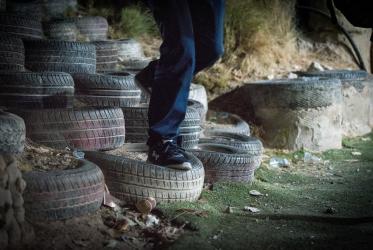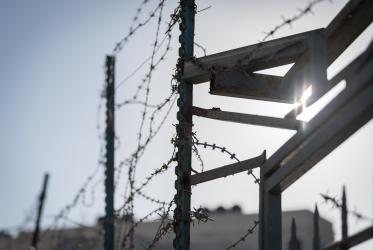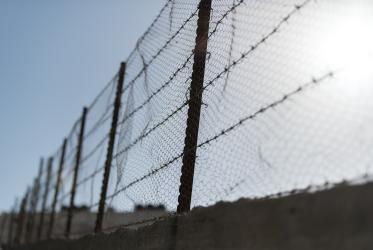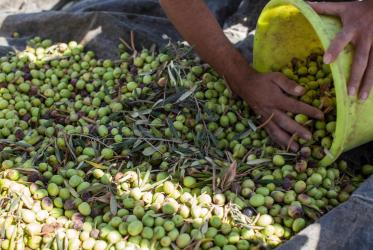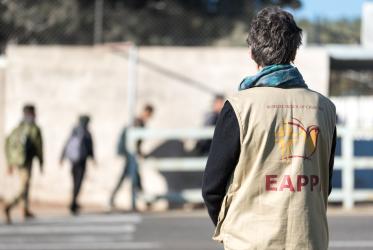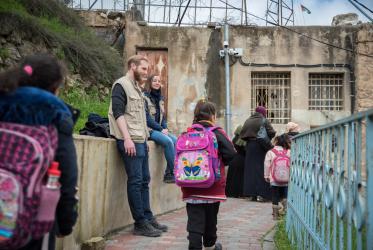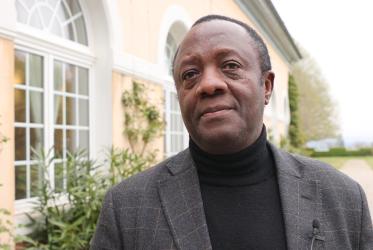Displaying 1 - 20 of 68
Violations of human rights escalate in Masafer Yatta, Jerusalem
30 November 2023
Violence against Palestinians is rising in the West Bank
16 November 2023
A Guide for Churches on the Prevention of Obstetric Fistula
26 October 2023
Philippines delegation meets with WCC to discuss human rights
19 October 2023
Ecumenical accompaniers report growing violence against Palestinians
21 September 2023


